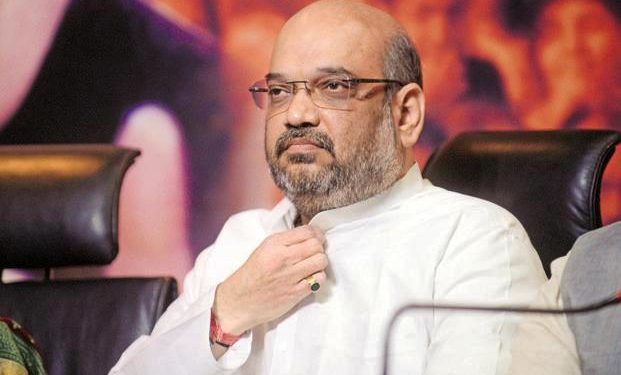Mumbai: In a relief to the BJP chief, the Bombay High Court Friday dismissed a petition questioning the CBI’s decision of not challenging a lower court order discharging Amit Shah in the Sohrabuddin Sheikh encounter case.
A division bench comprising Justice Ranjit More and Justice Bharati Dangre, rejected the plea by the Bombay Lawyers Association (BLA) and said it could not grant the relief sought in the PIL filed January.
The BLA has questioned the Central Bureau of Investigation’s move not to challenge the discharge granted to Shah in 2014 by a Special CBI Court here.
The PIL counsel Dushyant Dave had contended that the CBI changed its stance after the change of government at the Centre in 2014. He asked if the CBI could challenge the discharge of two police officers in the same case then why not Shah’s.
Additional Solicitor-General Anil Singh, representing the CBI, argued that there was no law making it compulsory for the CBI to challenge every discharge given by a court.
He also asked that when Shah was discharged in 2014, why had the BLA taken nearly four years to approach the court for relief.
“We are dismissing the petition. We are not inclined to grant any relief, especially when the petitioner is a body which has no locus standi in the case,” the judge said Friday’s ruling.
A wanted criminal Sheikh and his wife Kausar Bi were killed in an alleged fake encounter November 2004 by the Gujarat Police near Gandhinagar, which became sensational owing to some of the high-profile politicians and IPS officers involved in it.
An aide Tulsiram Prajapati, who was the prime witness to the killings was arrested by the police and later killed in an encounter December 2006 after the law enforcers claimed he tried to escape from custody.
Later, the police had named 38 persons as accused in the case, including Shah, who was Gujarat Home Minister at the time in 2005. Subsequently the trial was shifted from Gujarat to Mumbai.
December 2014, Special CBI Judge M.B. Gosavi in Mumbai discharged Shah and 16 other co-accused, citing either lack of sanction for prosecution or insufficient evidence against them.
IANS






































